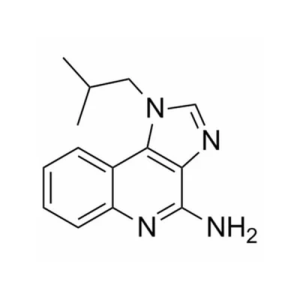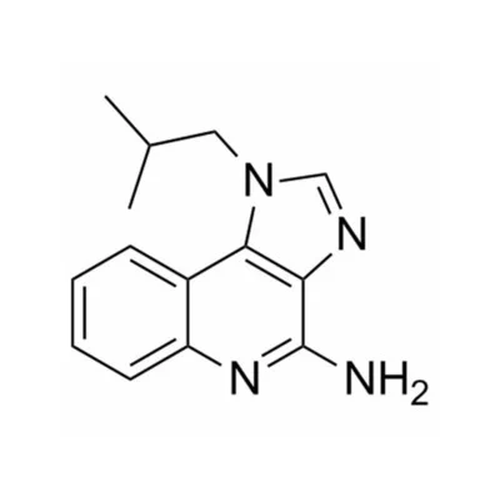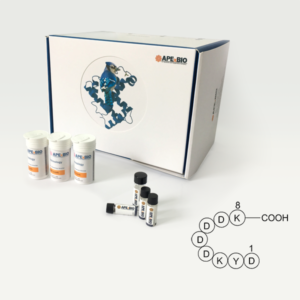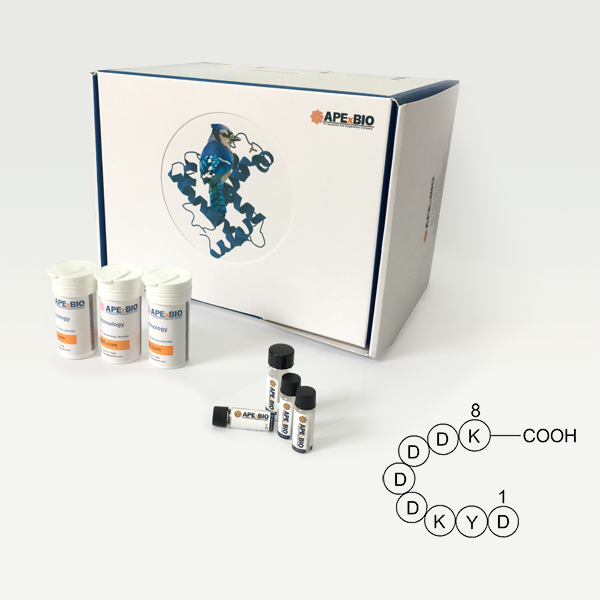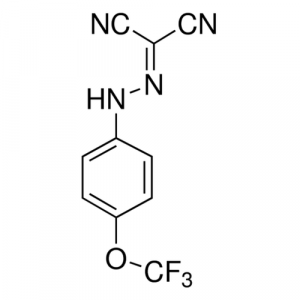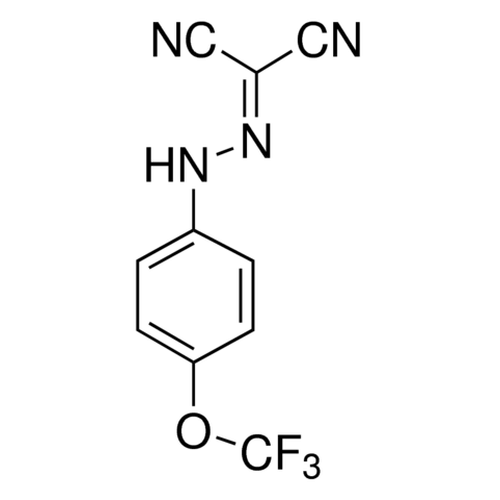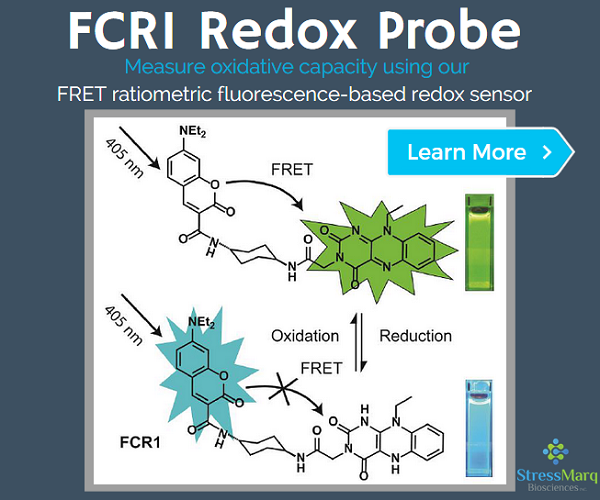Search Results
(±)-Geosmin inquiry | Purity Not Available
Alfa Chemistry
(±)-Geosmin solution Please inquire | Purity Not Available
BOC Sciences
(±)-Geosmin solution (CAS# 16423-19-1) is a major volatile component of beet essence, also determined to be the potent earthy odor contaminant of fish, beans, water.
More Information Supplier Page(±)-Geosmin solution Inquiry | >97%
Amerigo Scientific
(±)-Geosmin solution inquiry | Purity Not Available
Alfa Chemistry
(±)-Geosmin-(10-methyl-[d3]) Please inquire | ≥97%
BOC Sciences
(±)-Geosmin-(10-methyl-[d3]) is an isotopic standard of (±)-Geosmin. Geosmin (trans-1,10-dimethyl-trans-9-decalol) is a metabolite of various actinomycetes and fungi. It has been found to be responsible for an earthy taint in different foods like apple juice, cereals, fish, vegetables and wine. It has been found that geosmin in different French and Algerian wines and postulated flavour thresholds […]
More Information Supplier Page(±)-Glyceryl 1-monooctadecanoate-d35 inquiry | Purity Not Available
Alfa Chemistry
(±)-Glyceryl-1,1,2,3,3-d5 1-monooleate inquiry | Purity Not Available
Alfa Chemistry
(±)-Glycidyl-[d5] Oleate Please inquire | 98%
BOC Sciences
(±)-Glycidyl-[d5] Oleate is an isotopically labelled analog of Glycidyl Oleate, which is used for preparation of Lysophosphatidic acid analogs as agonists of the edg2 lysophosphatidic acid receptor.
More Information Supplier Page

